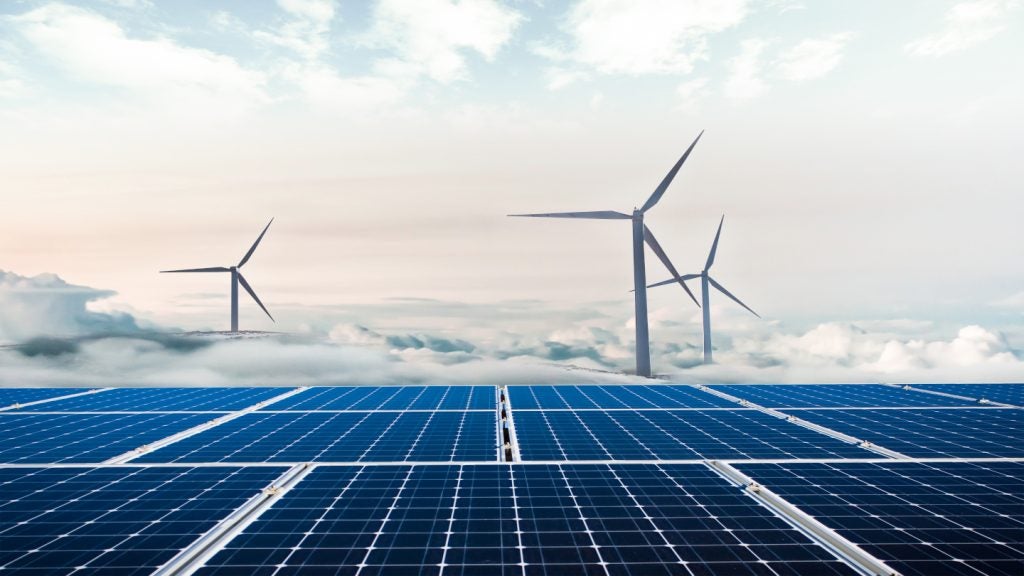A recent analysis by Ember, a global energy think tank, revealed that national renewable energy targets are falling significantly short of the COP28 agreement's goal to triple capacity by 2030.
The total global targets have only increased by 2% since the agreement, presenting a contrast to the required 11 terawatts (TW) needed to meet the objective.
Currently, national targets collectively aim for 7.4TW by 2030, just over double the 3.4TW installed in 2022, leaving a wide gap of 3.7TW to achieve the tripling target.
Ember global electricity analyst Katye Altieri said: “The purpose of a national renewables target is less so to force more renewables to be built, but rather to make sure they are built smarter.
"It can help the government plan for the best place to build renewables and plan for grid and flexibility to integrate the renewables, and also to help companies invest in supply chains, making for a cheaper and more secure electricity system.”
Despite the urgency, only 22 countries have revised their targets since COP28, with the majority being European Union members. Outside the EU, only seven countries have updated their ambitions.
The analysis indicates that most national planning processes continue on their routine cycles, seemingly unaffected by the commitments made at the global level.
Among the top 20 electricity producers, there has been little change in national ambition.
The US, notably lacking a national 2030 renewables target, is not expected to set one soon, especially after the rollback of the Inflation Reduction Act.
India's target of 500GW remains consistent with the tripling goal while Russia has yet to announce a 2030 renewable energy target.
China is in the process of finalising its 15th Five-Year Plan for Energy, which may include a 2030 target, though details remain unclear.
South Africa is updating its Integrated Resource Plan, potentially leading to a revised 2030 target.
As countries gear up for COP30, the window for impactful near-term action is closing rapidly.
Without immediate and ambitious revisions, along with robust implementation, the global community risks falling short of the critical 2030 milestone.
Aligning national targets with the global pledge is essential to drive investment, reduce fossil fuel reliance, and accelerate progress towards secure, affordable, and clean energy systems, stated Ember.









